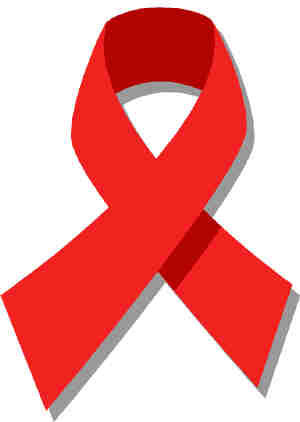
CHIVI — At 12, Grace is not your average girl next door.
By Tatenda Chitagu
She was as innocent as all girls her age come, sat for her Grade Seven examinationss and came out with flying colours.
Grace was the only one to get four units in all her four subjects — a rare feat that was achieved once in as many years at her primary school, a rural outpost tucked in the remote and arid Chivi district, south-west of Masvingo.
That alone earned her the awe of educationists.
But, as fate would have it, a year into her secondary education, her parents — who paid her fees through vending — died in a road accident.
Grace was left in the care of her aunt and her husband, who took over paying fees for her at the nearby secondary school.
She lived at their mercy, doubling as the caretaker of their children, doing household chores and tilling the fields as well as taking up her studies.
- Chamisa under fire over US$120K donation
- Mavhunga puts DeMbare into Chibuku quarterfinals
- Pension funds bet on Cabora Bassa oilfields
- Councils defy govt fire tender directive
Keep Reading
Her aunt was a cross-border trader and would occasionally spent weeks away from home, leaving her with the burden of bathing and feeding her kids.
Grace pulled through up to Form Three, but tragedy struck again.
While her aunt was away in South Africa, Grace was raped by her uncle.
“He raped me the whole night saying according to African custom, I was his wife as well. He threatened me with death and also told me that he would withdraw funding for my studies and have me chucked out of the home,” she said battling to control a stream of tears swelling down her cheeks.
Grace said she had nowhere to turn to as most of her relatives were very poor.
“I did not tell anyone save for my aunt upon her return. However, she could not believe me and instead turned the tables on me, saying I was to blame,” she said.
“She also said I should keep the issue under wraps because he was going to be arrested and nobody would help pay my fees, and she also threatened to eject me from he home. I was in a dilemma as I wanted to continue with my education.”
Grace got pregnant and was expelled from school.
“As I was to realise later, keeping quiet did not do me any good either. All the same, I could not continue with my studies after the teachers found out that I was pregnant,” she said.
At five months, she had a miscarriage.
“I was stressed and could not tell anyone. I did not go to the clinic for prenatal care. But after my aunt saw me bleeding profusely after the miscarriage, she panicked and took me to the nearby clinic,” Grace said.
And that is when all hell broke loose.

“That is when I got to know that I had contracted HIV from the sexual encounter, as my aunt and uncle were to test positive latter after they fell ill,” she says as she opens up 10 years after the encounter — now that the two are no longer alive.
“My aunt two years ago and my uncle died last year, but I will never forgive them. Even in their graves, I will not forgive them.”
Grace’s case is not isolated.
Thousands of victims of sexual violence across the country are failing to get post-exposure prophylaxis (PEP) after rape because of a number of factors, according to the National AIDS Council (NAC) annual report for 2014.
According to the World Health Organisation (WHO), PEP is short-term antiretroviral treatment to reduce the likelihood of HIV infection after potential exposure, either occupationally or through sexual intercourse.
For rape survivors, PEP should be mandatorily administered within 72 hours of being violated to prevent them from being infected with HIV.
It is part of a comprehensive universal precaution that reduces their chances of infection, given that the sex was not consensual and they could not negotiate for safe sex.
The antiretroviral treatment is offered for free at rape clinics dotted around the country.
Despite being offered for free, out of 782 women and young girls raped last year in Masvingo province, 176 survivors lost the opportunity of accessing PEP, according to the NAC statistics.
“The loss is largely attributed to the familial relations between the perpetrators and the victims as in most cases, they will be related and the cases go unreported for fear of breaking family ties,” said NAC provincial Aids co-ordinator, Ivos Makoni.
“The other thing is inadequacies in skills, delays in getting to health centres as well as lack of knowledge that such a facility exists for free. Some people in rural areas may fail to get to the nearest health centre before the stipulated 72 hours and end up losing.”
Apart from government clinics and hospitals, other partners like Population Services International and Family Support Trust (FST) also have such rape clinics.
According to FST website, the organisation runs four specialist clinics at Harare Central Hospital, Chitungwiza Central Hospital, Beitbridge District Hospital and Mutare Provincial Hospital.
The clinics provide medical and psychosocial support to survivors of child sexual abuse.
Had Grace reported the matter to the police and accessed PEP, she could not have been among the many who contract the disease.
“If only I had the guts to report the rape and get a chance to get such a facility, I could not have been positive today,” she said, throwing her hands into the air.











